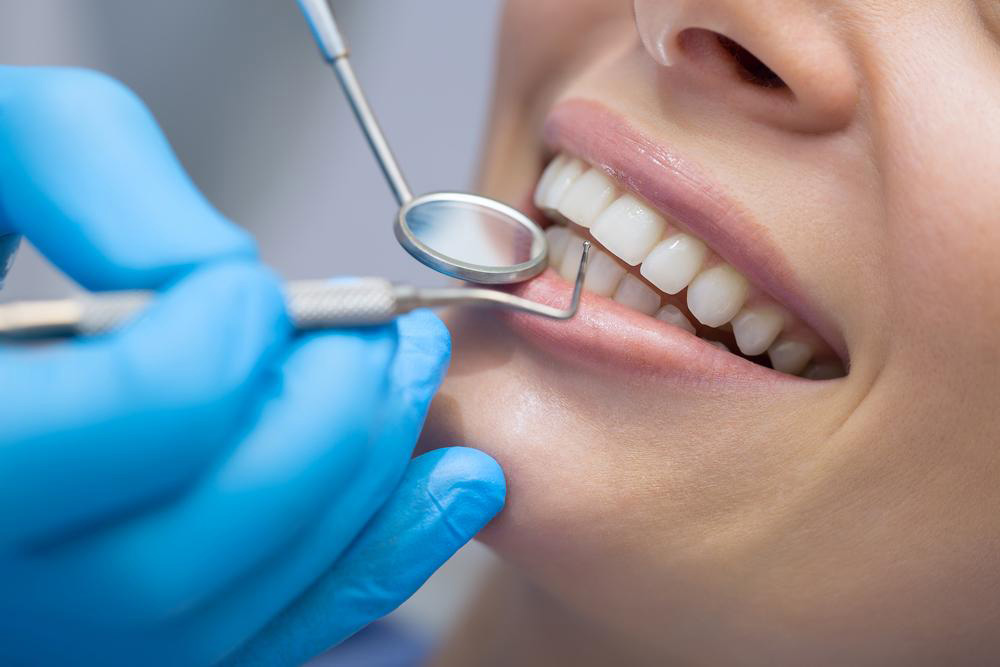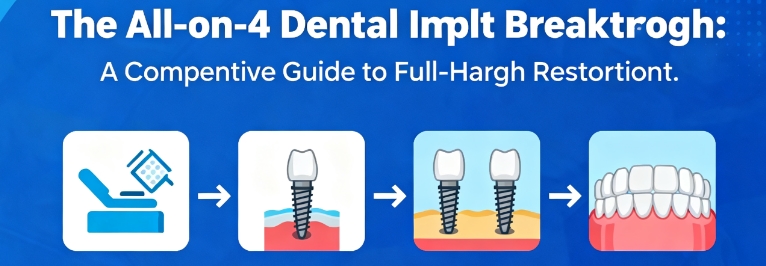Guide to Dental Implant Expectations and Care
Learn what to expect from dental implant procedures, from consultation to recovery. This guide covers the treatment process, options for removable or fixed teeth, and essential post-operative care tips suitable for residents in New York. Proper understanding and follow-up care ensure successful restoration of your smile and oral health for years to come.

Understanding What to Expect from Dental Implants
Healthy teeth significantly boost confidence and overall health. However, factors like injury, disease, or lifestyle choices can harm teeth, leading to dissatisfaction with your smile. Dental implants offer a reliable solution to restore your dental function and appearance. They enhance speech, boost self-esteem, support better digestion, and improve oral health. For residents in New York, numerous clinics provide this service. Research thoroughly to find a facility suited to your needs. Before proceeding, learn about the process and what your dentist will entail.
Treatment Process
Before implant surgery, a dental check-up, including X-rays and molds, is essential. This helps determine the treatment plan, identify how many teeth need replacement, and whether bone grafting is necessary due to insufficient jawbone support. The procedure is performed under local anesthesia, with sedation options if needed. Multiple sessions over months may be required.
During surgery, damaged teeth are extracted, and the jawbone prepared for implant placement by drilling into it. The implant is inserted, and the bone fuses with it over several months. Once healed, an abutment is attached to support the artificial tooth, which is placed after tissue recovery.
You can opt for removable dentures, which can be taken out for cleaning, or fixed crowns that are permanently attached, offering stability and natural function. The long-term benefits of implants often outweigh initial costs.
Post-Surgery Tips
Proper aftercare is vital for the longevity of dental implants. New York hosts reputable clinics ready to guide you. Maintain oral hygiene by brushing twice daily, flossing, and using recommended mouthwash. Regular six-month dental visits are necessary for check-ups and adjustments. Use a soft-bristled toothbrush and special toothpaste if advised. Neglecting implants can lead to decay, bleeding, or bone loss, which are costly and time-consuming to treat.
Note:
Our blog offers comprehensive and practical information across various topics. While our research provides valuable insights, it shouldn’t replace professional advice. We are not responsible for discrepancies or updates in data across other platforms. Also, specific schemes or offers may not be covered here but could be more beneficial. Always consult your dental professional for personalized care.










